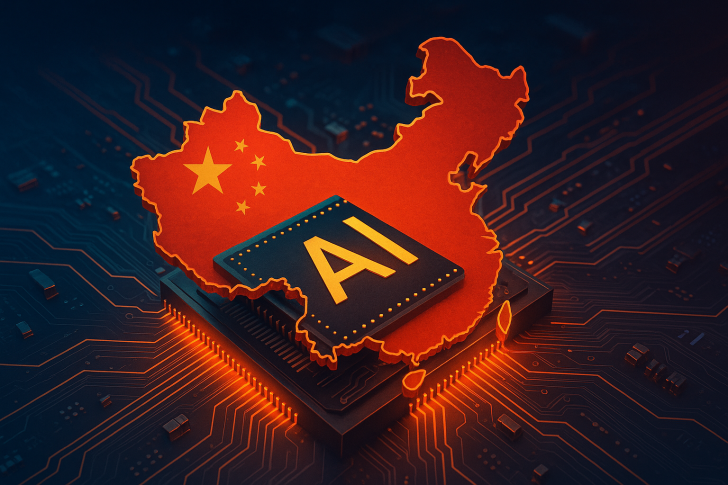⬤ China is moving to block foreign AI chips from state-funded data centers, directly impacting major players like Nvidia, AMD, and Intel. This isn't just another trade policy—it's part of Beijing's bigger plan to achieve complete technological independence in AI. The decision marks a serious escalation in the global battle over semiconductor dominance.
⬤ Chinese officials are also considering new tax policies designed to boost domestic chip production while making life harder for companies dependent on imported hardware. These changes could squeeze foreign suppliers financially, potentially forcing smaller semiconductor firms out of business and pushing skilled workers to seek opportunities in more favorable markets. Combined with the chip ban, these tax measures are accelerating China's shift toward a completely homegrown AI infrastructure.
⬤ Beijing wants complete control over its entire AI ecosystem—from the chips that power it to the cloud services that run on them. This reduces reliance on Western technology and gives China tighter strategic control over its digital infrastructure. The global chip battle has shifted from being about who makes the fastest processors to who controls the supply chain. For China, this is now fundamentally about national security and self-reliance.
⬤ This ban represents a major turning point for the semiconductor industry. Billions in government spending will now flow to Chinese chipmakers, giving them protected market access and room to scale up production. Meanwhile, U.S. companies are losing access to one of the world's biggest markets, which threatens their long-term revenue and global influence. As tax reforms and geopolitical tensions continue to build, the AI sector is entering a new era where national strategy and control matter more than raw technological performance.
 Saad Ullah
Saad Ullah

 Saad Ullah
Saad Ullah


